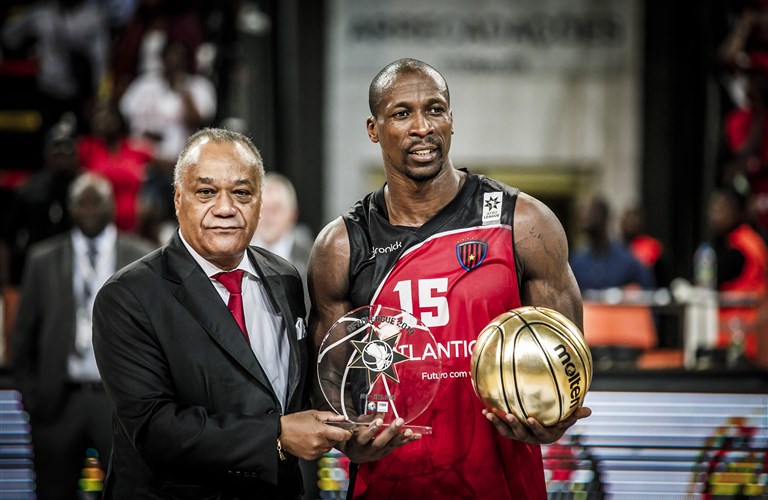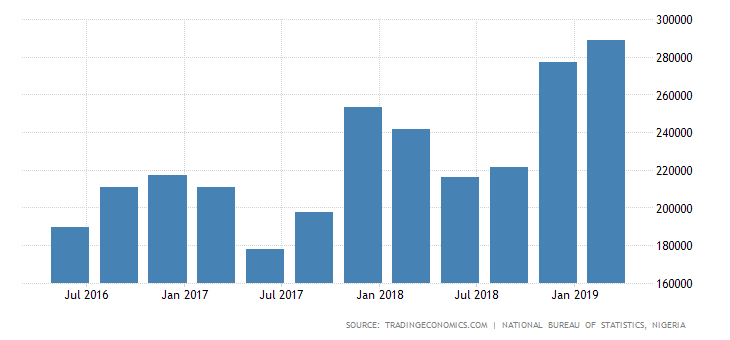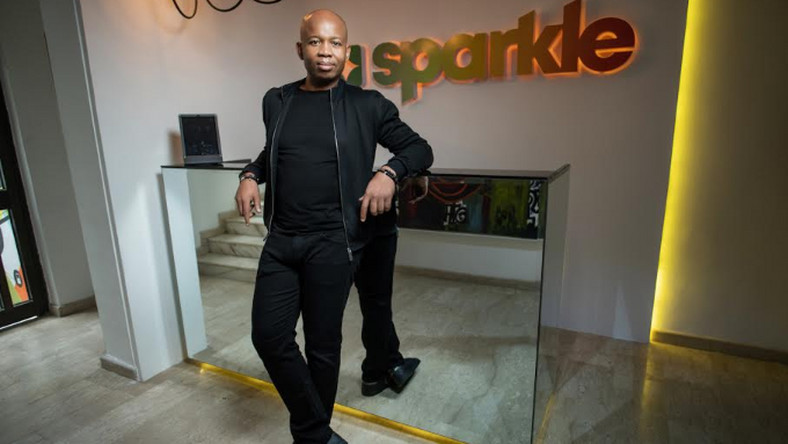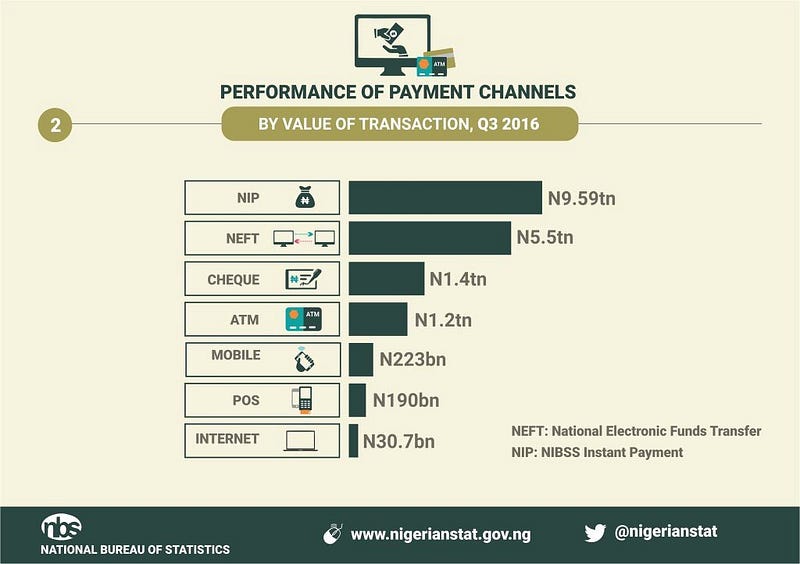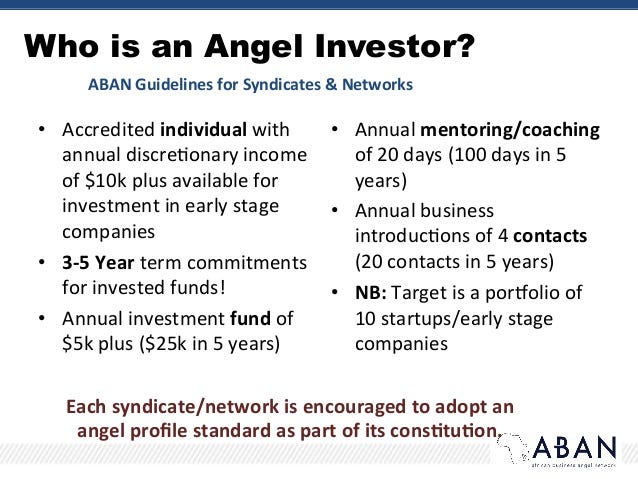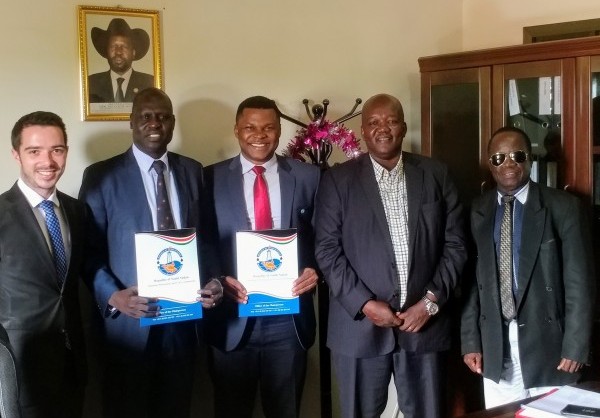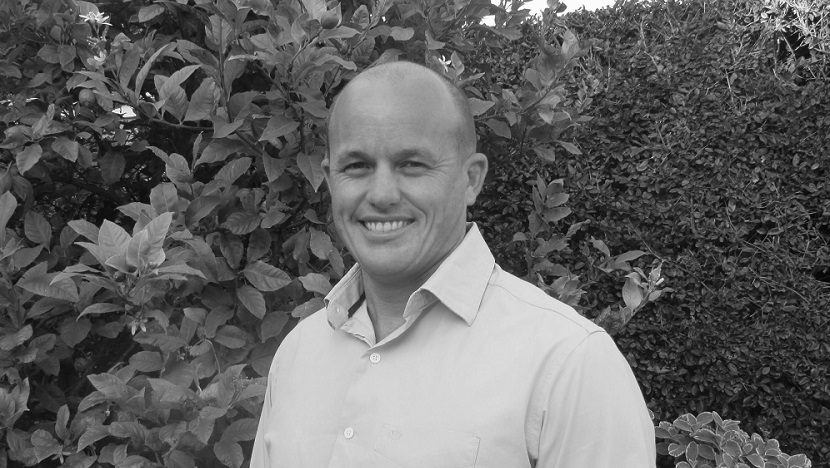Basketball Africa League announces seven host cities for Inaugural Season
The Basketball Africa League (BAL) today announced Cairo (Egypt), Dakar (Senegal), Lagos (Nigeria), Luanda (Angola), Rabat (Morocco) and either Monastir or Tunis (Tunisia) as the host cities where the inaugural BAL regular season will take place and Kigali (Rwanda) as the host city for the first-ever BAL Final Four and BAL Final.
Additionally, the BAL announced NIKE and Jordan Brand will be the exclusive outfitter of the new professional league featuring 12 club teams from across Africa and scheduled to begin to play in March 2020.
The announcements were made by BAL President Amadou Gallo Fall during a reception at the Musée des Civilisations Noires in Dakar in the presence of FIBA Secretary General Andreas Zagklis, FIBA Africa Executive Director Alphonse Bilé, NBA Commissioner Adam Silver and NBA Deputy Commissioner Mark Tatum, along with current and former NBA and WNBA players.

“Today’s announcements mark another important milestone as we head into what will be a historic first season for the Basketball Africa League,” said Fall. “We now have seven great host cities where we will play and our first partnership with a world-class outfitter. We thank our first partners NIKE and Jordan Brand for supporting us on this journey and ensuring our teams have the best uniforms and on-court products.”
Beginning in March 2020, the six cities will host a regular-season that will feature 12 teams divided into two conferences, with each conference playing in three cities. The regular season will see the 12 teams play five games each for a total of 30 games, with the top three teams in each conference qualifying for the playoffs. The six playoff teams – the “Super 6” – will play in a round-robin format to determine the four teams that will advance to the BAL Final Four and BAL Final in Kigali, Rwanda in late spring 2020. The BAL Final Four and BAL Final will be single-elimination games.
NIKE and Jordan Brand will outfit the league’s 12 teams with official game uniforms, warmup apparel, socks and practice gear, with six teams featured in NIKE and the other six teams in Jordan Brand. The collaboration with NIKE and Jordan Brand marks the BAL’s first partnership.
The announcement about the NBA and FIBA’s launch of the BAL, which would mark the NBA’s first collaboration to operate a league outside of North America, was made at the NBA All-Star 2019 Africa Luncheon in Charlotte, North Carolina on Saturday, Feb. 16.
The NBA and FIBA also plan to dedicate financial support and resources toward the continued development of Africa’s basketball ecosystem, including training for players, coaches and referees, and infrastructure investment.
Additional details about the BAL will be announced at a later date.
Kelechi Deca

Kelechi Deca has over two decades of media experience, he has traveled to over 77 countries reporting on multilateral development institutions, international business, trade, travels, culture, and diplomacy. He is also a petrol head with in-depth knowledge of automobiles and the auto industry.

